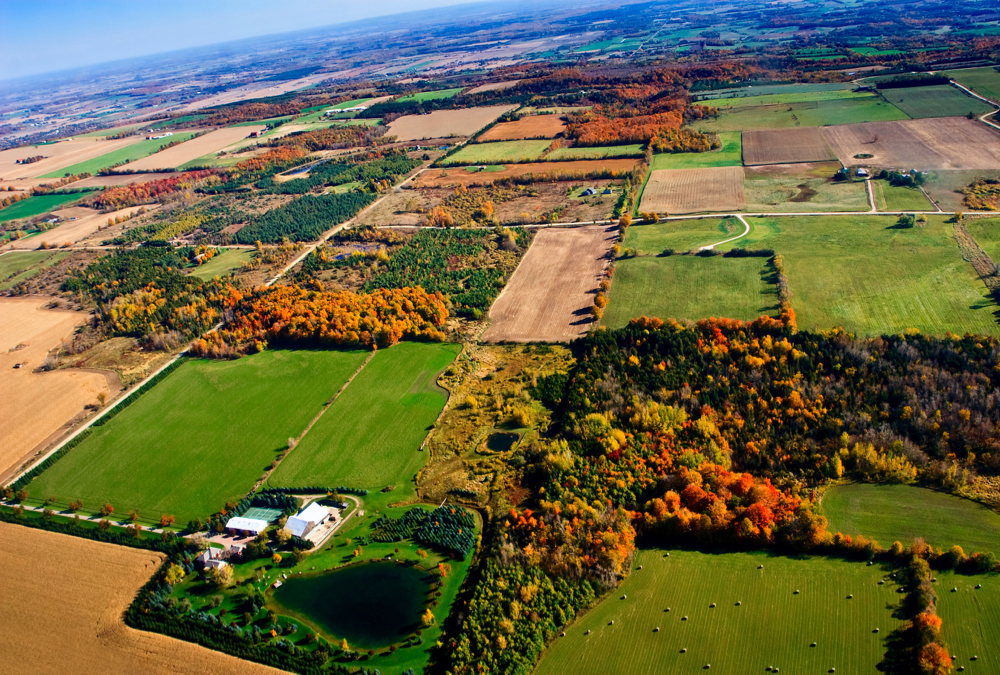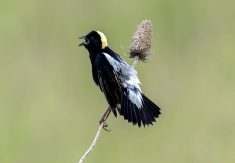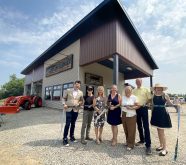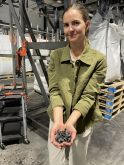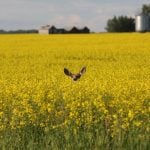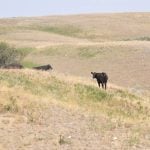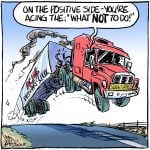The Ontario Soil and Crop Improvement Association (OSCIA) has named a farmer and a long-time supporter of soil health as its 2019 Soil Champions.
The OSCIA made the announcement at its annual conference in Kingston in early February.
Jim Denys is a Middlesex County farmer, producing pork farrow-to-finish while cropping corn, wheat and soybeans. He also sells seed for Maizex.
The OSCIA cited his efforts to build soil structure and an “insatiable thirst to try new things” in giving him the award.
Anne Verhallen has worked for the Ontario Minsitry of Agriculture, Food and Rural Affairs (OMAFRA) since the 1980s, spending most of that time encouraging soil-healthy practices. She is currently OMAFRA’s soil management specialist for horticulture crops.
Denys and his father Dan started to use no-till wheat and then soybean planting in the 1990s, along with some early strip tillage experimentation.
“At the time, it was about soil conservation and stopping erosion, but we also wanted to do more to build the soil rather than just preserve it,” Denys explains. “No-till wasn’t building soil structure or organic matter, so we eventually started into cover crops.”

They’ve since given strip tilling another chance with equipment evolution and autosteer improving results.
“We started with fall strips into cover crops four years ago. This builds the soil and with not plowing the root mass under, it really holds the soil together,” he adds.
They’ve tried various cover crops over the years, but have settled on a few like oats, rye, and radish that work well with the hog manure they use on their fields; they’ve also had good experiences with kale and faba beans.
“We had a wet spring this past year and we found we could get onto strip-till fields about two days earlier than conventional fields. And even with a wet fall like last year, there were no tracks,” he said. “We’re creating resilient soils and addressing compaction issues too.”
Read Also
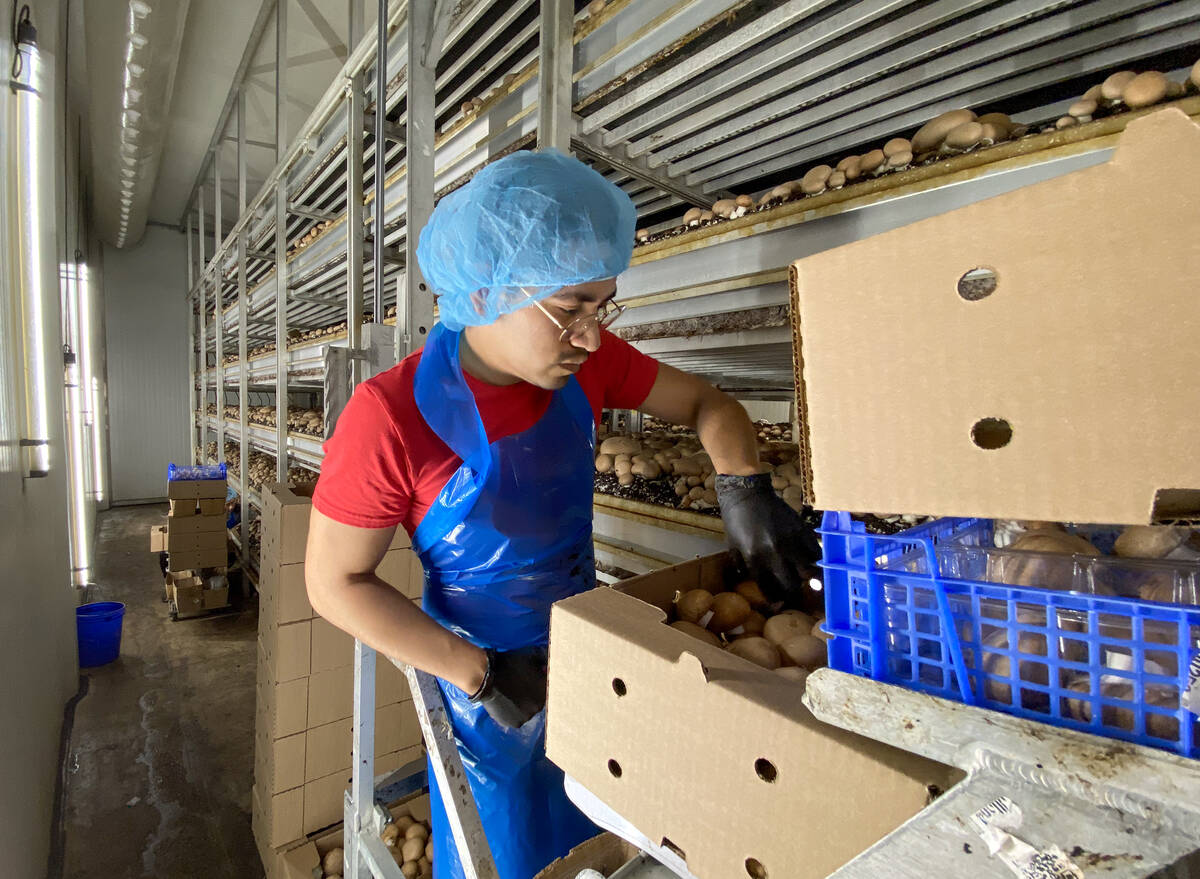
Ontario’s other economic engine: agriculture and food
Ontario Federation of Agriculture president, Drew Spoelstra, says Ontario’s agriculture and agri-food sector should be recognized for its stability and economic driving force.
It was a high school agriculture program taught by a former provincial department of agriculture employee that first awakened Anne Verhallen’s interest in soil. A soils course at the University of Guelph set her firmly on her eventual career path and a lifelong passion for soil that has earned her the 2019 Ontario Soil and Crop Improvement Association (OSCIA) Soil Champion Award.
“Extension and soils was what turned me on. While I liked the research, I really enjoyed hitting the road and being out with farmers,” says Verhallen.
She joined the ministry in the late 1980s to deliver the Land Stewardship Program in Essex and Kent Counties. It was there she met two fellow ministry employees, Leslie Huffman and Ed Tomecek, whom she credits with introducing her to local farmers and getting her into Michigan to see what growers there were doing with innovative soil management practices.
Erosion control and no-till were big focus areas in the early years, but soil health was an emerging topic even then. Cover crops, rotation, organic amendments and reducing tillage still serve as the foundation of good soil management principles today; Verhallen’s challenge is keeping those themes fresh and exciting for her audiences.
“Technology has made it possible to do things we’ve never dreamed of doing before,” she said. “Today, precision ag and GPS let you be very precise on where you are in the field. Before, it was totally based on how straight farmers could drive and guess their gaps.”
The best change she’s seen over her career is a growing awareness of soil health and management across the farming community and a subtle change away from conventional plowing.



